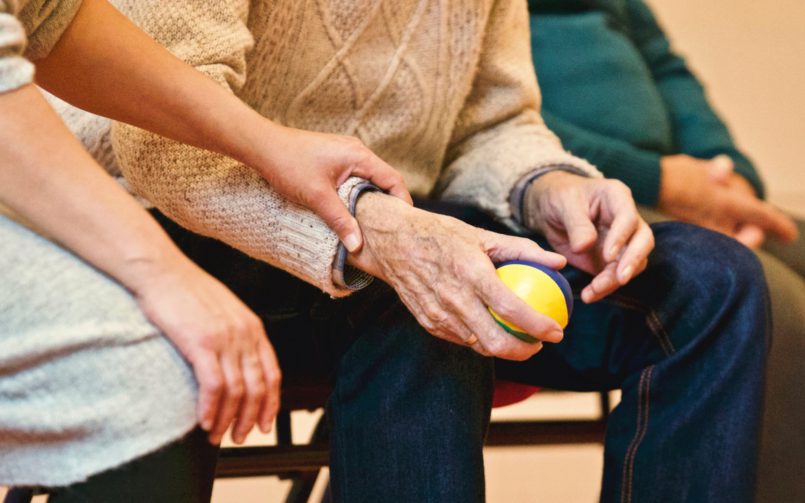
Cardiac Arrest
What is Cardiac Arrest?
- Cardiac arrest is the abrupt loss of heart function in a person who may or may not have been diagnosed with heart disease. It can happen suddenly, or in the wake of other symptoms. Cardiac arrest is often fatal, if the appropriate steps aren’t taken immediately.
- Each year more than 350,000 cardiac arrests occur outside the hospital setting in the United States.
Is a heart attack the same as cardiac arrest?
- No!!
- Heart attacks are caused by a blockage that stops blood flow to the heart. Heart attack refers to death of heart muscle tissue due to the loss of blood supply.
- Cardiac arrest is caused when the heart’s electrical system malfunctions. The heart stops beating properly.
Causes of Cardiac Arrest:
- Scarring of the heart tissue
- Such scarring may be the result of prior heart attack or another cause. A heart that’s scarred or enlarged from any cause is prone to develop life-threatening ventricular arrhythmias.
- A thickened heart muscle (cardiomyopathy)
- Damage to the heart muscle can be the result of high blood pressure, heart valve disease or other causes.
- Heart medications
- Various heart medications can set the stage of arrhythmias that cause sudden cardiac arrest. Significant changes in blood levels of potassium and magnesium also can cause life-threatening arrhythmias and cardiac arrest.
- Electrical abnormalities
- Certain electrical abnormalities such as Wolff-Parkinson-White syndrome and Long QT syndrome may cause sudden cardiac arrest in children and young people.
- Blood vessel abnormalities
- Congenital blood vessel abnormalities, particularly in the coronary arteries and aorta, may cause cardiac arrest. Adrenaline released during intense physical activity often acts as a trigger for sudden cardiac arrest when these abnormalities are present.
- Recreational drug use
- Use of certain recreational drugs can cause sudden cardiac arrest, even in otherwise healthy people.
Emergency Treatment of Cardiac Arrest:
- What to do:
- Yell for help
- Tell someone nearby to call 911 or your emergency response number. Ask that person or another bystander to bring you an AED (automated external defibrillator), if there is one available.
- Check breathing
- If the person isn’t breathing or is only gasping, administer CPR
- Give CPR: Push hard and fast
- Push down at least two inches at a rate of 100 to 120 pushes a minute in the center of the chest, allowing the chest to come back up to its normal position after each push.
- Use AED
- Keep pushing
- Continue to administer CPR until the person starts breathing or moving or until someone with more advanced training takes over, such as an EMS team member.
- Yell for help
Helpful Links:
https://www.heart.org/en/health-topics/cardiac-arrest
You must be logged in to post a comment.